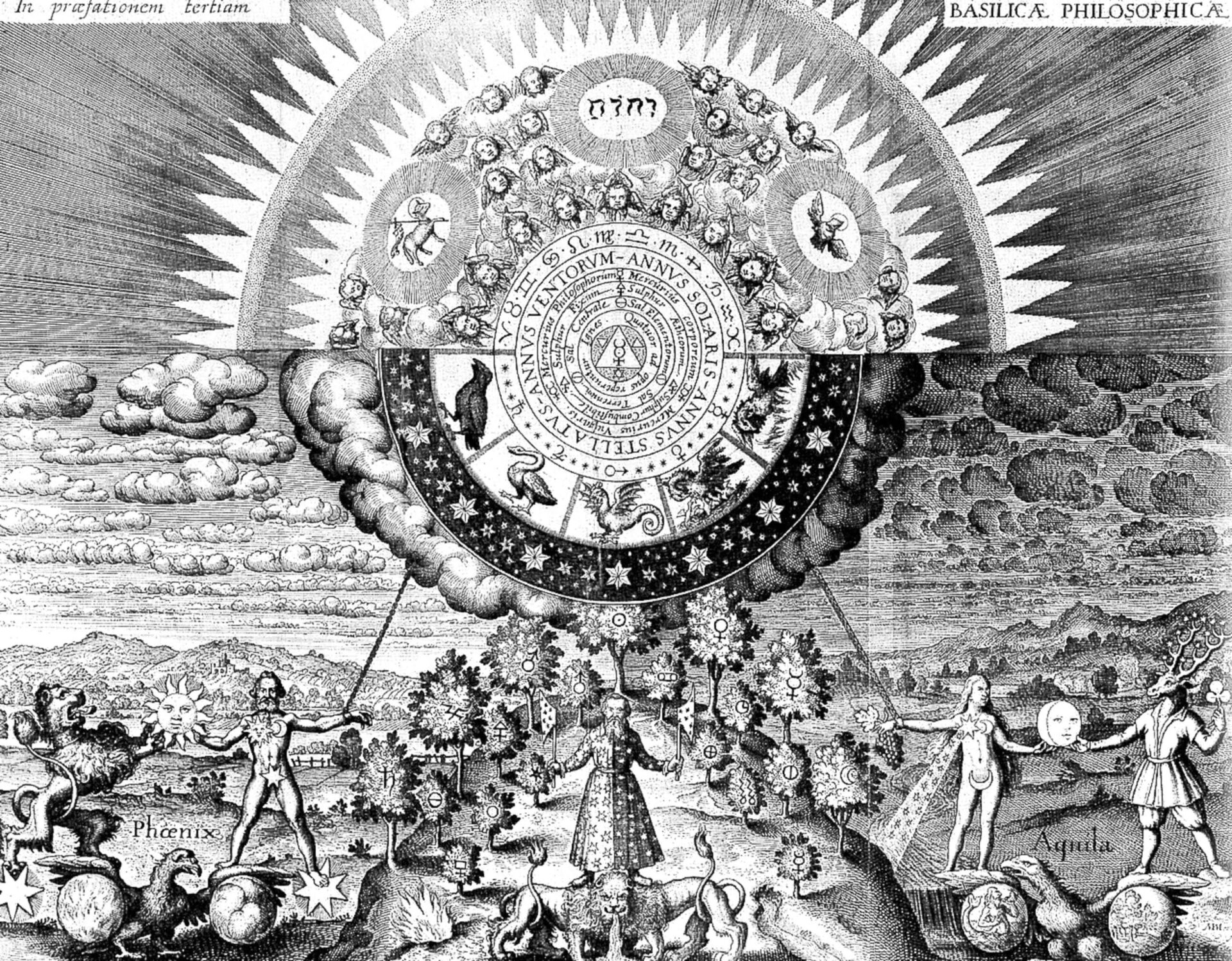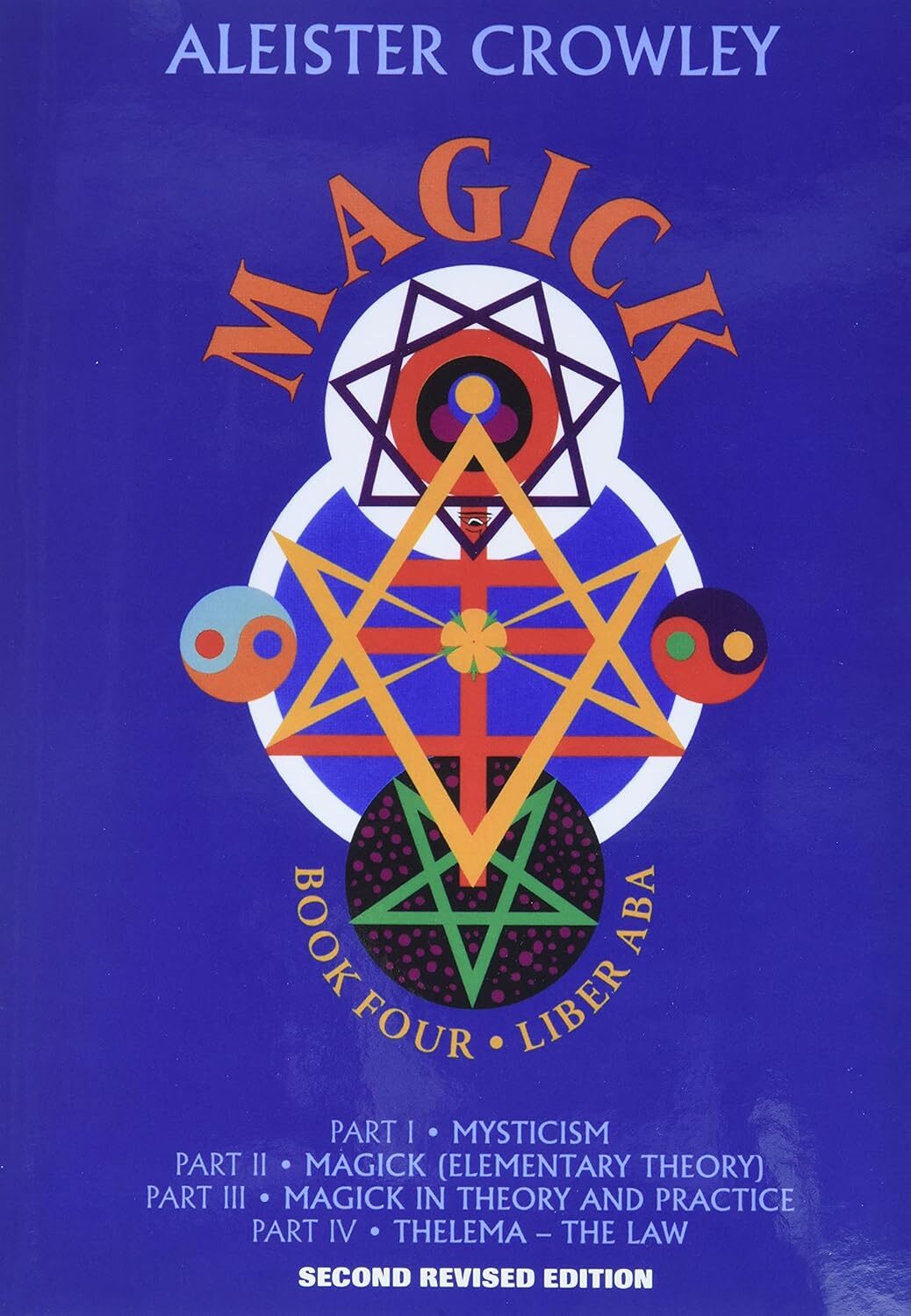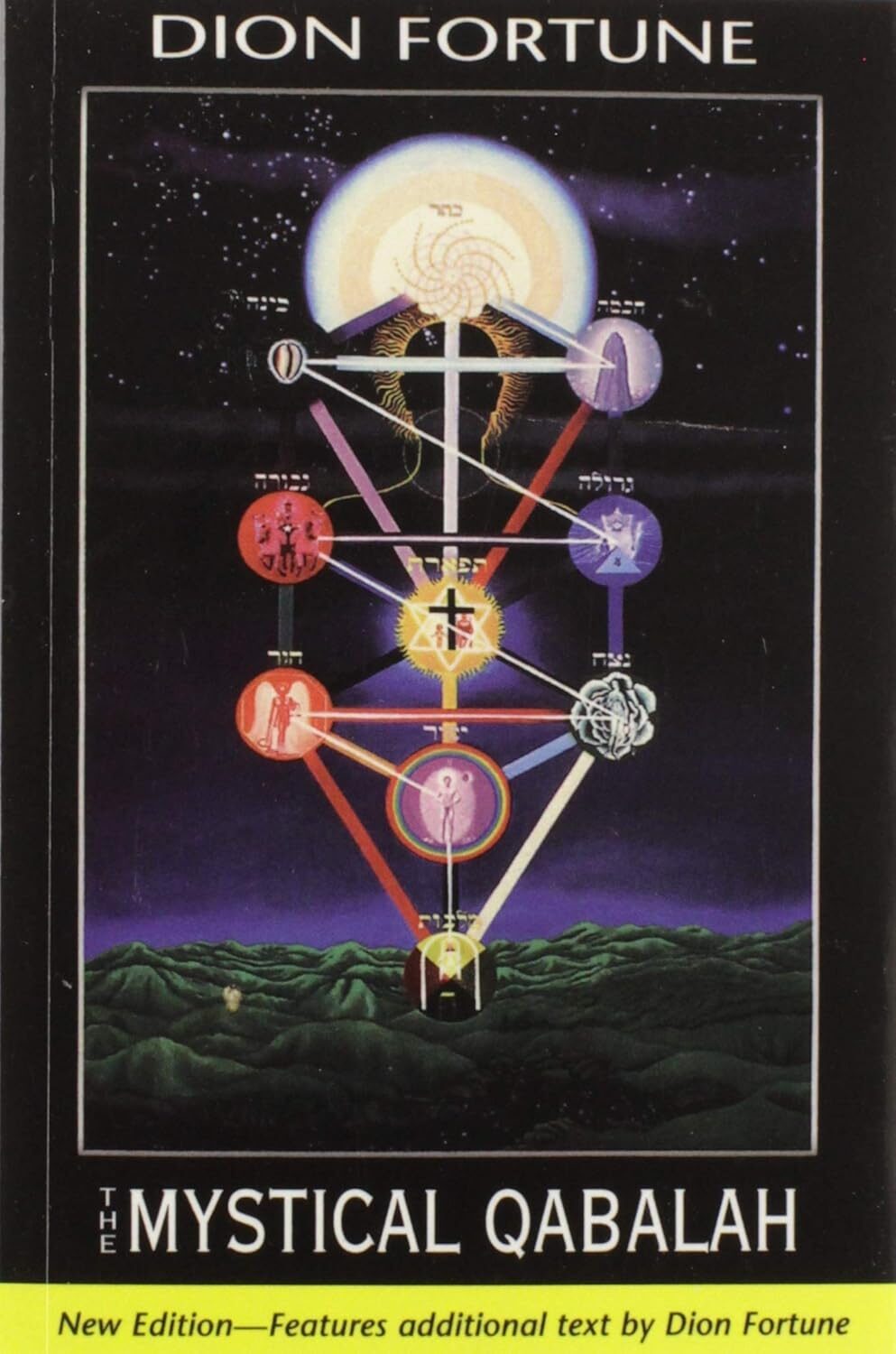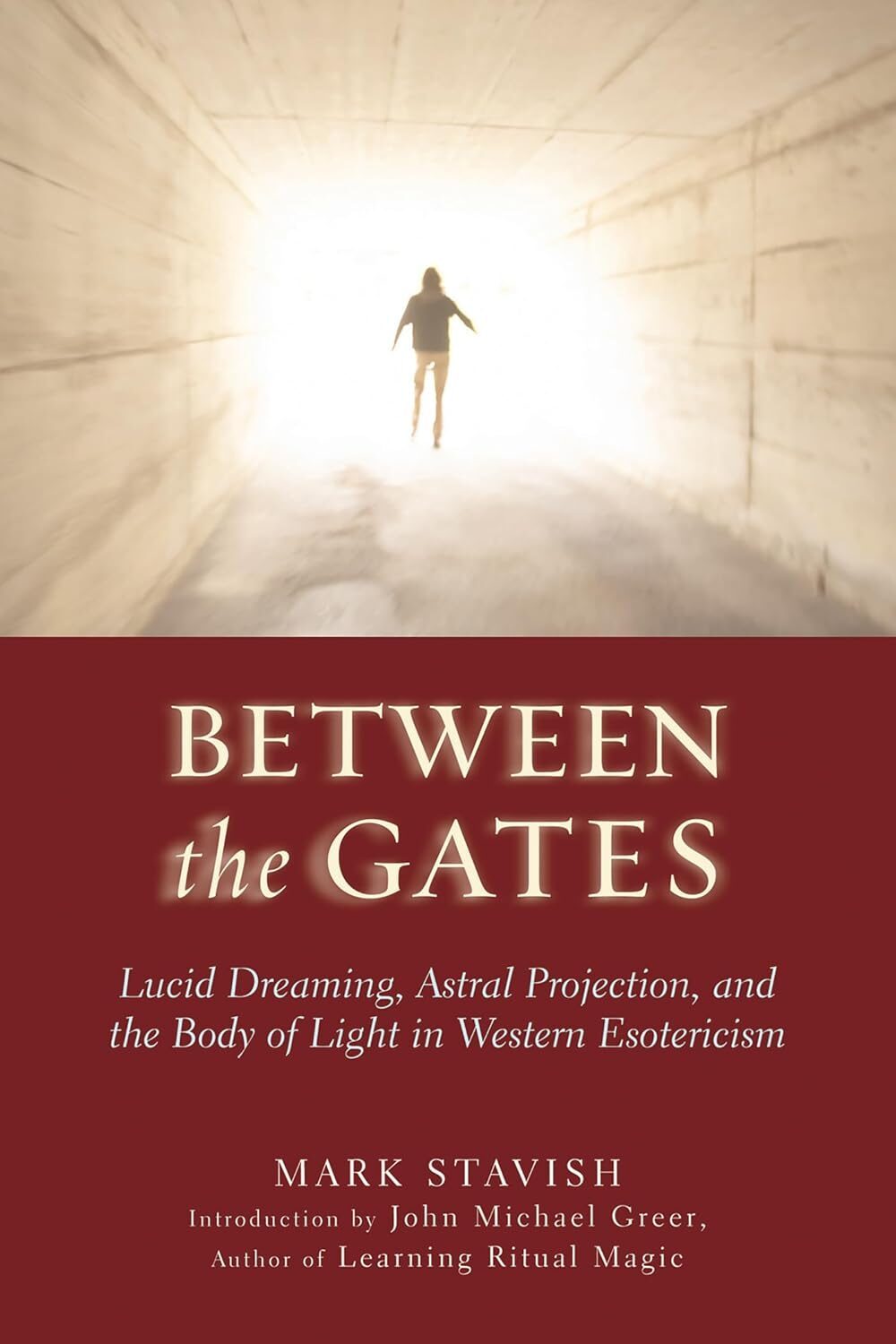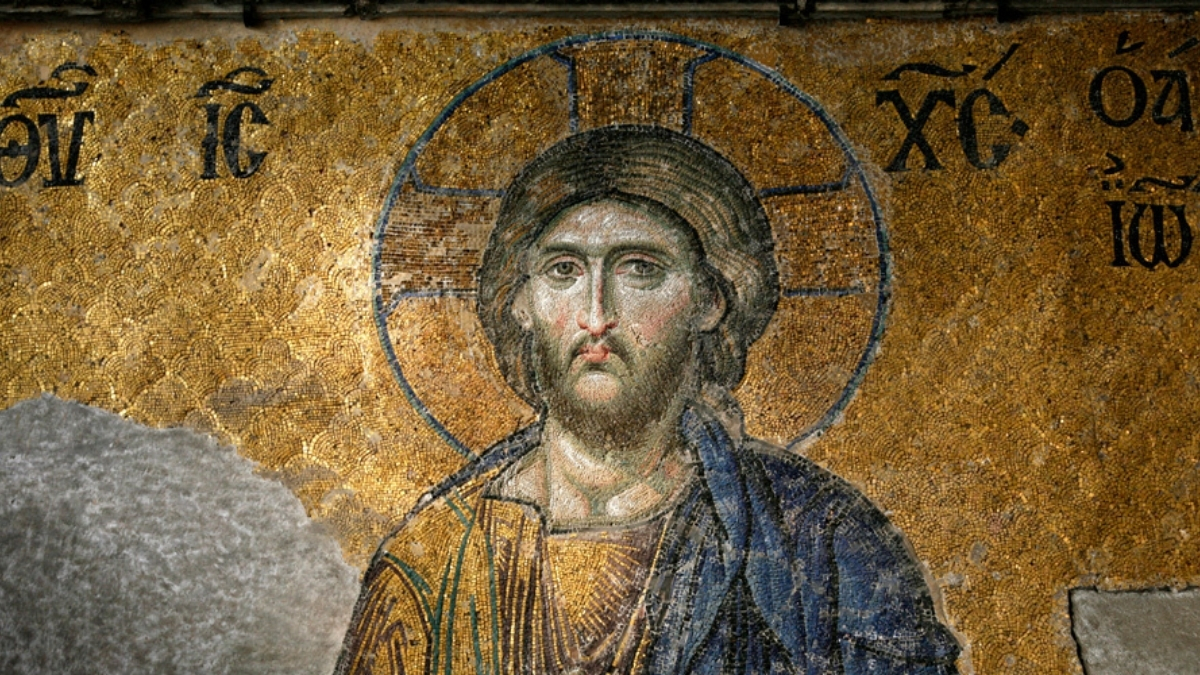Alchemy often conjures images of ancient laboratories, bubbling flasks, and the fabled search for gold. But for those following the Hermetic tradition, alchemy has always meant much more than just turning lead into literal gold. It’s about transforming the soul.
What Is the Hermetic Approach?
Hermeticism is a spiritual philosophy rooted in the teachings attributed to Hermes Trismegistus, a mythic figure blending elements of the Greek god Hermes and the Egyptian deity Thoth. These teachings, preserved in texts like the Corpus Hermeticum and the Emerald Tablet, form the philosophical backbone of much of Western alchemy.
At its heart, Hermeticism teaches that:
- The universe is a living mind.
- Humans are divine sparks capable of awakening.
- Knowledge of the self leads to knowledge of the cosmos.
Alchemy, in this light, becomes a spiritual science: a process of inner refinement known as the Great Work or Magnum Opus.
Alchemy as Spiritual Transformation
In the Hermetic tradition, alchemy is not merely physical. Yes, early alchemists experimented with substances, but these chemical processes mirrored something deeper: the purification and perfection of the soul.
Just as metals are refined in a crucible, so too is the self refined through meditation, discipline, and inner work.
The philosopher’s stone, often sought in alchemical lore, symbolizes the culmination of this work—a state of enlightened consciousness, unity with the divine, and spiritual immortality.
Key Hermetic-Alchemical Concepts
1. As Above, So Below
This Hermetic axiom, from the Emerald Tablet, captures the core idea of correspondence: that the microcosm (you) reflects the macrocosm (the universe). Alchemical processes in the lab parallel transformations in the soul.
“What is below is like that which is above, and what is above is like that which is below.”
2. The Stages of Alchemy
These stages represent not only chemical changes but also phases of psychological and spiritual transformation:
- Nigredo (Blackening) – A breaking down of the ego and old patterns; the “dark night” of the soul.
- Albedo (Whitening) – Purification and clarity; the emergence of spiritual insight.
- Rubedo (Reddening) – The integration of opposites and the embodiment of spiritual truth.
Some systems include a fourth stage, Citrinitas (Yellowing), symbolizing illumination.
3. The Philosopher’s Stone
Rather than a literal stone, this represents the perfected self—an individual who has united body, mind, and spirit and lives in harmony with divine law.
Hermetic Alchemy: Both Practical and Symbolic
Hermeticism doesn’t separate the material from the spiritual. Alchemy is seen as a unified process, where physical transformation and inner development mirror each other.
Some Hermetic texts describe actual lab procedures, while others use symbolic language to guide readers through inner change. In both cases, the message is the same: transformation is possible, and the material world is a map for understanding spiritual truths.
To learn more about the foundations of Hermeticism, visit our guide: Hermeticism Explained.
Alchemy as a Path to Gnosis
Hermeticism emphasizes gnosis—direct, intuitive knowledge of divine reality. Alchemy becomes a practical tool in this pursuit.
By working with matter, symbols, and inner states, the Hermetic alchemist learns to:
- Recognize divine order in nature
- Transform their consciousness
- Align with universal principles
This is not passive belief—it’s active, experiential learning.
Tips for Beginners
If you’re just starting out, here are some entry points into Hermetic alchemy:
- Start with meditation. Inner stillness is key to spiritual transformation.
- Journal your dreams and symbols. Alchemical symbolism often shows up in dreams.
- Read the classics. Begin with the Corpus Hermeticum or modern guides like The Kybalion.
- Experiment respectfully. Alchemical work isn’t just intellectual—it’s practical. Start small, stay grounded, and always approach with humility.
Final Thoughts
The Hermetic approach to alchemy is a call to wake up—to see the world not just as matter, but as meaning. It invites us to become alchemists of our own lives, using ancient wisdom to transmute suffering into insight, confusion into clarity, and the ordinary into the sacred.
Alchemy isn’t just something you do. In the Hermetic tradition, it’s something you become.
